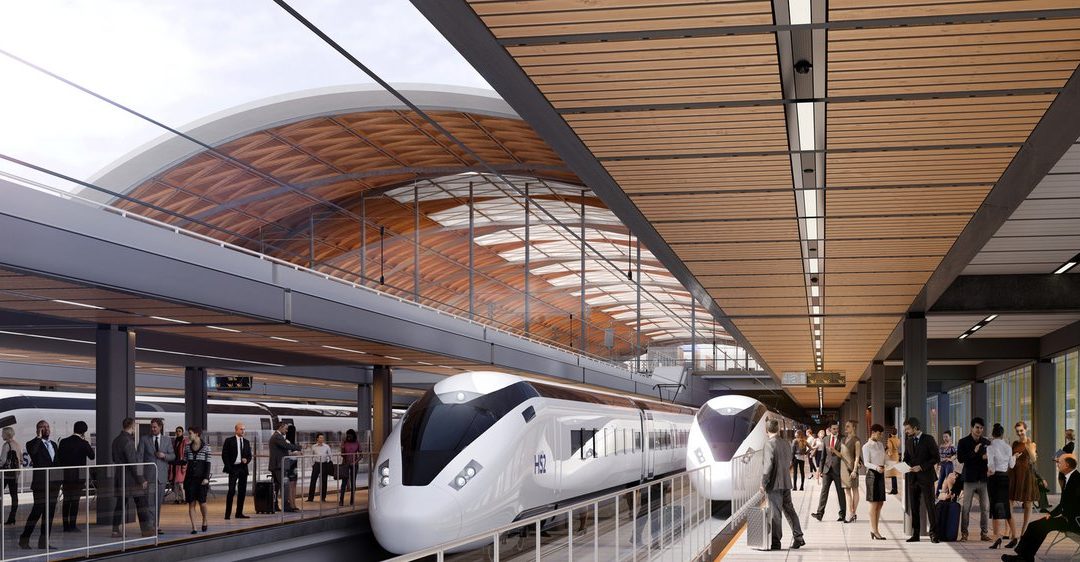For example, with many companies seeing the cost-saving and productivity benefits of office-based staff working from home, it is very likely that this will continue for many, albeit in a reduced form, with perhaps one or two days a week based at home. The result being fewer journeys to and from work.
There is going to be a reduction in people’s willingness to travel on over-crowded public transport for the foreseeable future. In addition, the need for social distancing will also significantly cut capacity on already overstretched services. These factors will significantly reduce the number of daily journeys on public transport when compared to pre-pandemic levels and is likely to result in more people taking to their cars where they can or seeking an alternative where they are able, such as cycling or walking to work.
Air travel worldwide has reduced by around 95% with virtually no domestic UK flights. As a result, and with the plethora of new, reliable video conferencing services such as Zoom, 8 x 8 and WhatsApp, the video conference call has come-of-age and will make all of us consider whether a journey is absolutely necessary. It is also very likely that with the economic impact of the pandemic the number of airlines and therefore capacity will be significantly reduced (we have already seen Virgin Australia and closer to home Flybe go out of business with many others on the brink of collapse) making it harder to find suitable flights and easier / more cost effective to get into our cars if we absolutely have to travel.
We then, of course, have the environmental impact of the pandemic. With two thirds of the world’s population having their movements severely restricted, 2020 will see the greatest reduction in green-house gas emissions ever recorded. While this reduction in emissions is clearly not sustainable – industry around the world will need to re-start – it will serve to further heighten people’s awareness of Global Warming as the most pressing issue of our time and hopefully, our ability as individuals to make a difference. When you combine this heightened awareness with Government obligations to reduce green-house emissions it is very likely we will see more people seeking alternatives to travel or buying electric vehicles. This plays into the hands of Government policy to ban the sale of new diesel and petrol cars by 2035. This in itself raises a whole set of challenges for Government in terms of charging infrastructure and capacity of our road network.
We also have the direct economic impact. With a prolonged shut-down, many UK businesses and particularly those in the service industry will not survive, unemployment will rise sharply and the resultant reduction in economic capacity will lead to the country’s worst recession in living memory. In addition, with reduced tax revenues and the highest levels of debt ever carried by Government, tough decisions on investment in transport infrastructure will need to be made. For example, is the £106bn current price tag for HS2 really justifiable, particularly given the likelihood people will be happier and find it cheaper to travel in their own cars when they need to make a journey.
So in summary, from a transport and travel perspective people’s behaviour is likely to be very different post pandemic. We will all be considering if a journey is absolutely necessary and, when we do make a journey our preference is likely to be by car, bicycle or foot rather than public transport / flying, with more of us driving electric vehicles supporting the need to reduce carbon emissions and following Government policy.
With recession looming the Government will need to prioritise the funding it has for strategic transport infrastructure projects and consider if giving the green light to projects such as HS2 offer best value. This is particularly the case given the likely changes in travel behaviour and, of course, the need for ever greater capacity on our roads to keep Britain moving.

